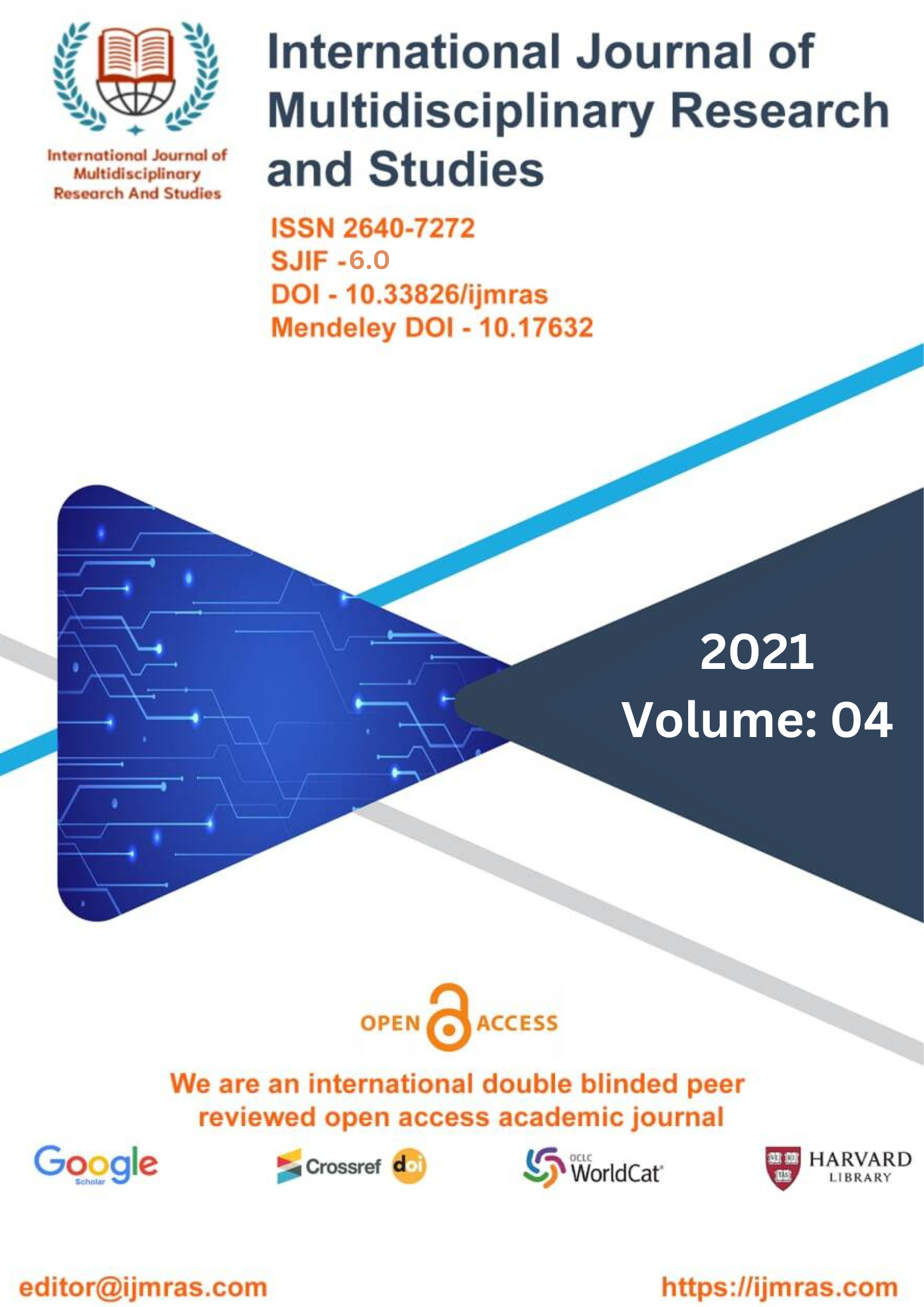COMPARING BASAVANNA WITH R.W. EMERSON’S TRANSCENDENTALISM

Abstract
Today's human issues are more difficult to solve than they have ever been. There is no doubt that mankind has amassed an incredible amount of information and power; but, these things have generated unprecedented changes, and as a result, life has become even more confusing and perplexing. Totally everything about us is in the process of changing. Given the current state of affairs, the need for spiritual ministry is more pressing now than it has ever been in the course of our nation's history. We may learn how to develop the spiritual stamina we require to get ourselves out of the rut of everyday monotonous circumstances from the great poets and saints who have lived throughout history. Basaveshwara, also known as Basavanna, was a saint from the Indian state of Karnataka. He was also a poet and an ardent social reformer. He is considered to be one of India's most influential spiritual instructors. The teaching of Basaveshwara takes on a new level of relevance when placed in the context of modern India's shifting social landscape and increasing religious consciousness. The Indian society of today is undergoing a process of self-transformation. At the core of this transformation are the concepts of democracy and nationalism, as well as an emphasis on the dissemination of education and a scientific worldview. The dominant school of thinking in the world is a significant source of inspiration for it. Our ways of thinking are shifting so drastically that it appears difficult for some of our more traditional values, institutions, and practises, such as castes, creeds, and rituals, as well as our blind beliefs, to continue existing in their current forms. Although Basavanna lived 800 years ago, he comes across to us as fully modern and practical; as a result, the lessons that he taught are still applicable in present times. If only that instruction had been followed, it would have been possible to paint a very different picture of Indian society.
Keywords
Transcendentalism, Novel, Themes, FeminismHow to Cite
References
Abbey, Edward. Desert Solitaire. New York: McGraw-Hill, 1968
Asgeirsson, EgillArnaldur. “Spirit in the Pond: Thoreau’s Vision of Nature.” BA Thesis, University of Iceland2011.
Barnaby, Ted. “This Hermit Survived for 27 Years in the Woods by Stealing Canned Goods from Nearby Homes.” 2015. 26 July 2016.
Brodrick, Michael. “American Transcendentalism.” 2011. 16 August 2015.
Bryant, Paul T. “The Structure and Unity of Desert Solitaire.” Western American Literature 28.1 (1993): 3-19.
“Calvinism.” Online Oxford Dictionaries. 2015. Oxford Dictionaries. 15 June 2015.
Channing, William Ellery. “Unitarian Christianity.” 1819. 17 June 2015.
Dillard, Annie. Pilgrim at Tinker Creek. 1974. New York: Harper Perennial, 2007
Garber, Frederick. Thoreau’s Redemptive Imagination. New York: New York UP, 1977
46Geldard, Richard. “Emerson and the Dream of America.” 2012. 6 September 2016.
The Essential Transcendentalists. New York: Jeremy P. Tarcher/Penguin, 2005.
Gilbert, Elizabeth. The Last American Man. 2002. London: Bloomsbury, 2009.
Goodman, Russell B. “East-West Philosophy in Nineteenth-Century America: Emerson and Hinduism.” Journal of the History of Ideas 51.4 (1990): 625-645.
“Transcendentalism.” 2015. 12 June 2015
Goldenberg, Suzanne. “Fracking Hell: What It’s Really Like to Live next to a Shale Gas Well.” 2013. 9 September 2016.
Gottlieb, Robert. Forcing the Spring: The Transformation of the American Environmental Movement. Washington: Island Press, 2005.
Gould, Rebecca Kneale. “Henry David Thoreau.” Encyclopedia of Religion and Nature. Ed Bron Taylor. London & New York: Continuum, 2005.
License
Copyright (c) 2021 SURAIYA AFREEN

This work is licensed under a Creative Commons Attribution 4.0 International License.
Individual articles are published Open Access under the Creative Commons Licence: CC-BY 4.0.




